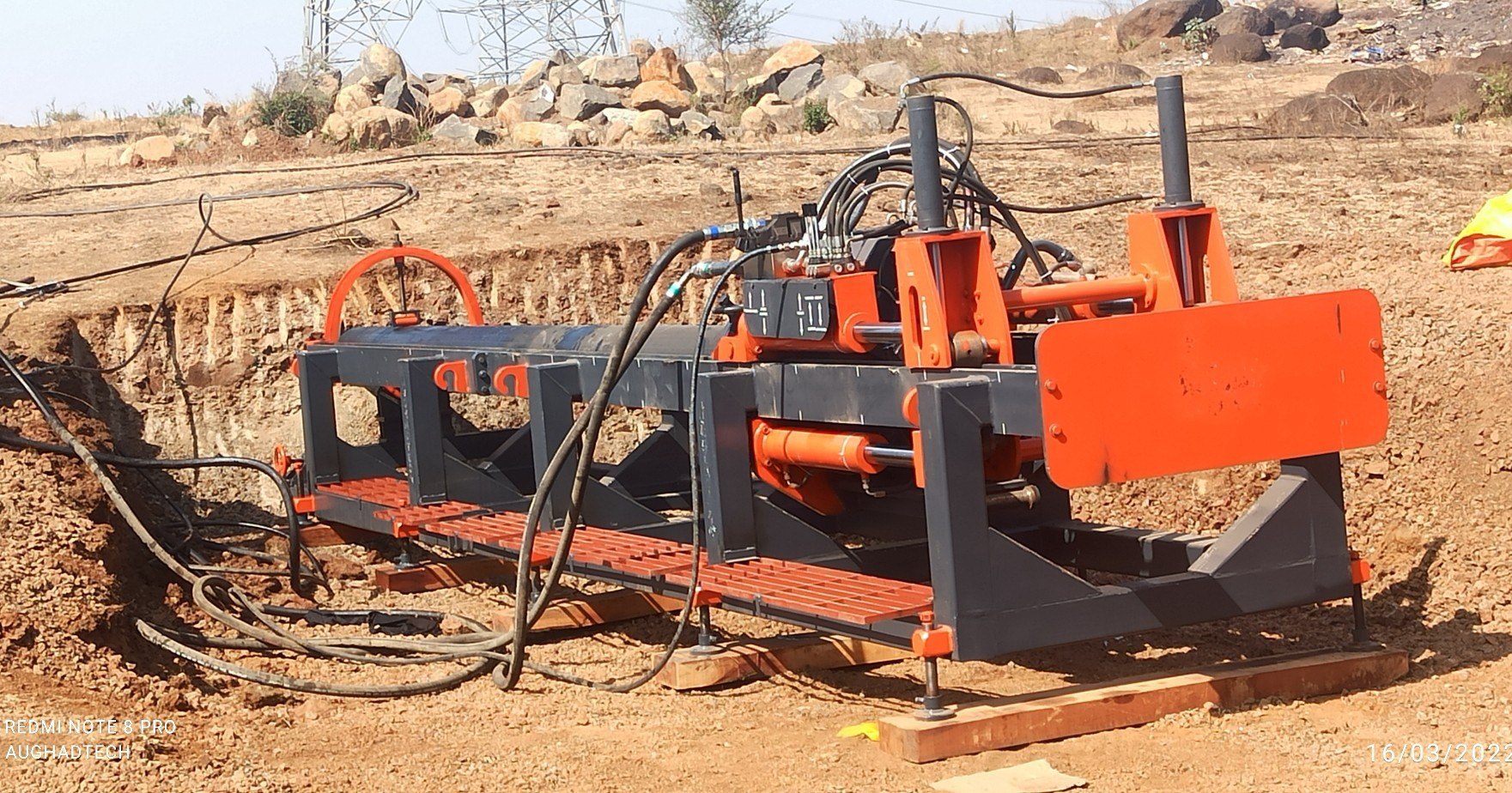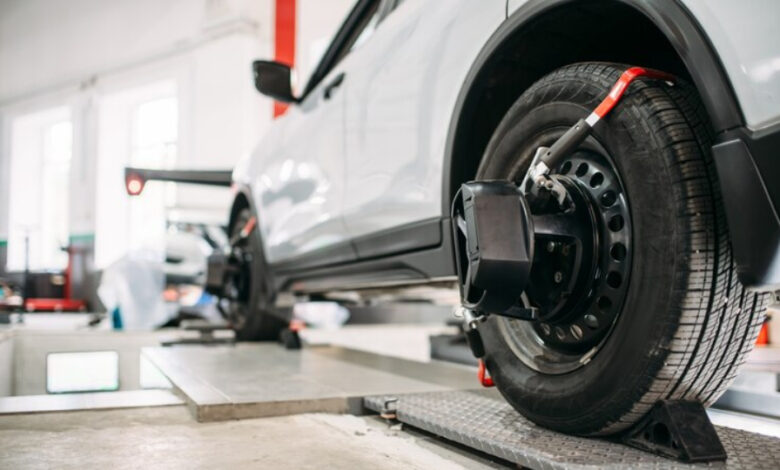What are some fuel management best practices for large commercial fleets?
Fuel costs can become a major concern for fleet managers. A single mistake can cause losses to rise very quickly.
Hidden problems often go unnoticed without a clear system in place. Drivers may be unaware of how small habits waste fuel daily.
Routes can be mismanaged and data might be underused. But when the right steps are followed big changes can be seen.
A must to read article by a Tata Motors service centre in Delhi –
Fuel Cards Should Be Used for All Fuel Purchases
Fuel cards are used to track every fuel transaction easily. They are given to drivers for approved fuel purchases only. Limits can be set to control how much is spent.
Unauthorized spending can be avoided through strict usage policies. Detailed reports are generated by fuel card systems weekly.
Driver behavior can be reviewed and improved when needed. With fuel cards used properly savings can be increased greatly.
Idling Time Should Be Reduced as Much as Possible
Fuel is wasted when engines are left running too long. Idling time should be tracked using onboard vehicle systems daily. Drivers must be trained to turn off engines during stops.
Engine wear can be increased by unnecessary idling over time. Clear rules should be made for idling control policies. Regular checks must be done to monitor idle times.
Routes Must Be Optimized Using GPS Tracking Systems
Routes can be improved by using GPS tracking tools daily. Shorter and faster paths are suggested by the system automatically. Fuel is saved when fewer miles are driven each trip.
Traffic delays can be avoided with real-time GPS updates. Better planning can be done before the journey begins.
Driver time is saved and efficiency is improved greatly. Fewer stops and turns can be achieved through route optimization.
Drivers Should Be Trained on Fuel Efficient Driving Techniques
Proper driving habits must be taught to all fleet drivers. Hard braking should be avoided to reduce fuel use. Sudden acceleration must also be stopped to save fuel.
Smooth driving can be encouraged through regular training sessions. Fuel efficiency can be improved with better driver behavior.
Training programs should be reviewed and updated when needed. Savings can be seen when drivers follow efficient driving techniques.
Regular Maintenance Must Be Scheduled for All Fleet Vehicles
Vehicles must be checked often to keep engines running well. Oil changes should be done as recommended by the maker. Air filters must be replaced when they become dirty or old.
Tire pressure should be monitored to avoid extra fuel use. Maintenance schedules must be followed to prevent costly repairs later.
Fuel efficiency is improved when vehicles are well maintained. More breakdowns can be avoided through proper maintenance planning.
Fuel Data Should Be Reviewed Weekly or Even Daily
Fuel reports must be checked often to find waste early. Patterns in fuel use can be spotted through data review. Unusual spending should be flagged and checked without delay.
Regular reviews help make smart fuel decisions for fleets. Sudden increases in use must be investigated by managers. Driver habits can be improved when data is shared clearly.
Fuel Theft Must Be Prevented Through Proper Monitoring Tools
Fuel theft can be reduced by using tracking systems daily. All fuel transactions should be recorded and checked for issues.
Unusual patterns must be flagged and reviewed without delay. Vehicles should be fitted with secure fuel caps and locks. Alerts can be sent when fuel is removed too quickly.
Driver reports must be compared with fuel card data regularly. Losses can be lowered when fuel usage is tracked closely.
Load Weights Should Be Kept Within Recommended Safety Limits
Heavy loads should be avoided to reduce extra fuel use. Vehicle weight must be checked before every trip is started.
Manufacturer limits should be followed to protect fuel efficiency. More fuel is burned when loads are too heavy. Engine stress can be caused by carrying extra weight often.
Maintenance issues may increase if not visited to Tata Motors Service Station in Gurgaon. Better planning should be done to manage load distribution properly.
FAQS
Why should fuel cards be used for all fuel purchases?
Fuel cards track spending and prevent unauthorized fuel use effectively.
How does idling affect fuel costs?
Idling wastes fuel and increases engine wear unnecessarily.
What is the benefit of using GPS tracking for routes?
GPS helps plan shorter and faster routes to save fuel.
Why should drivers be trained in fuel efficient driving?
Trained drivers use less fuel with smoother driving habits.
How does regular maintenance affect fuel use?
Well-maintained vehicles run efficiently and use less fuel.
Why is it important to review fuel data regularly?
Frequent reviews help catch unusual fuel use early.
How can fuel theft be prevented in fleets?
Monitoring tools and secure fuel caps reduce fuel theft risks.
Why should vehicle load weights be monitored?
Heavy loads increase fuel use and strain vehicle engines.
How can driver habits affect fuel consumption?
Poor habits like hard braking or speeding waste more fuel.
What is the role of planning in fuel management?
Good planning reduces mileage and improves fuel savings.














